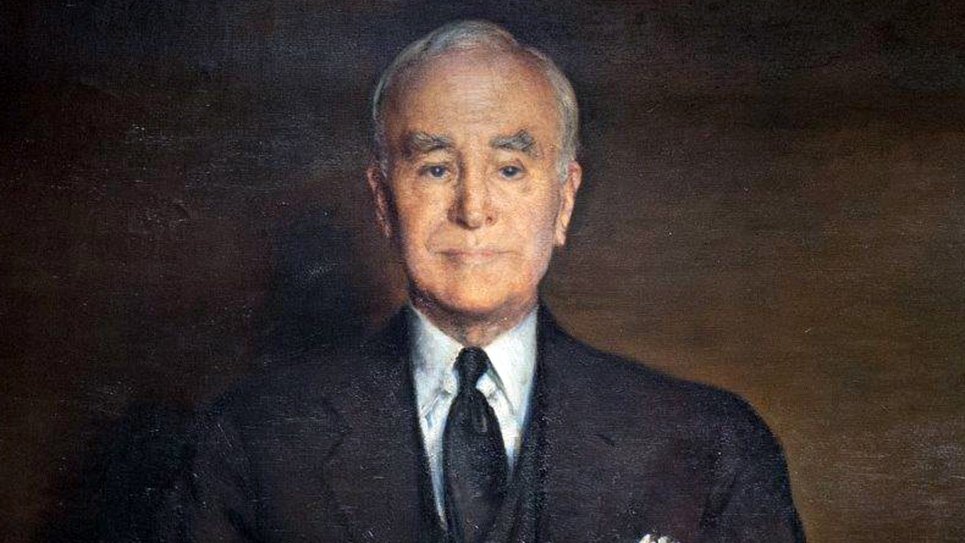By Jedidah McKeehan
We’ve all seen the movie where a suspect is being questioned about their criminal history and they are reminded of how they were involved in an armed robbery many years ago. The suspect always responds by saying that he was driving a car and his friends robbed a place and he inadvertently ended up being the getaway driver and had no real choice in the matter.
That person has committed the crime of being, “an accessory after the fact.” That term is an abbreviation in and of itself, because it really means that someone is an accessory after the fact of a felony crime being committed.
Tennessee Code Annotated section 39-11-411 states that after a felony is committed, a person hides an offender, provides aid to an offender in avoiding arrest, or warns the offender that they are about to be caught, then that person has committed the crime of being, “an accessory after the fact.”
Thankfully, I will never personally have to worry about being charged with this crime while performing my job, because this statute does not apply to attorneys who are providing legal services.
I have never personally seen someone charged with this crime. If law enforcement arrest individuals who had something do with a crime, they are much more likely to charge them with committing the base crime itself, instead of just charging a person as an “accessory.”
If someone is charged with this crime, they are facing an E Felony and one to two years in jail.
Jedidiah McKeehan is an attorney practicing in Knox County and surrounding counties. He works in many areas, including criminal, personal injury, landlord-tenant, probate, and estate planning. Visit attorney-knoxville.com for more information about this legal issue and other legal issues.






